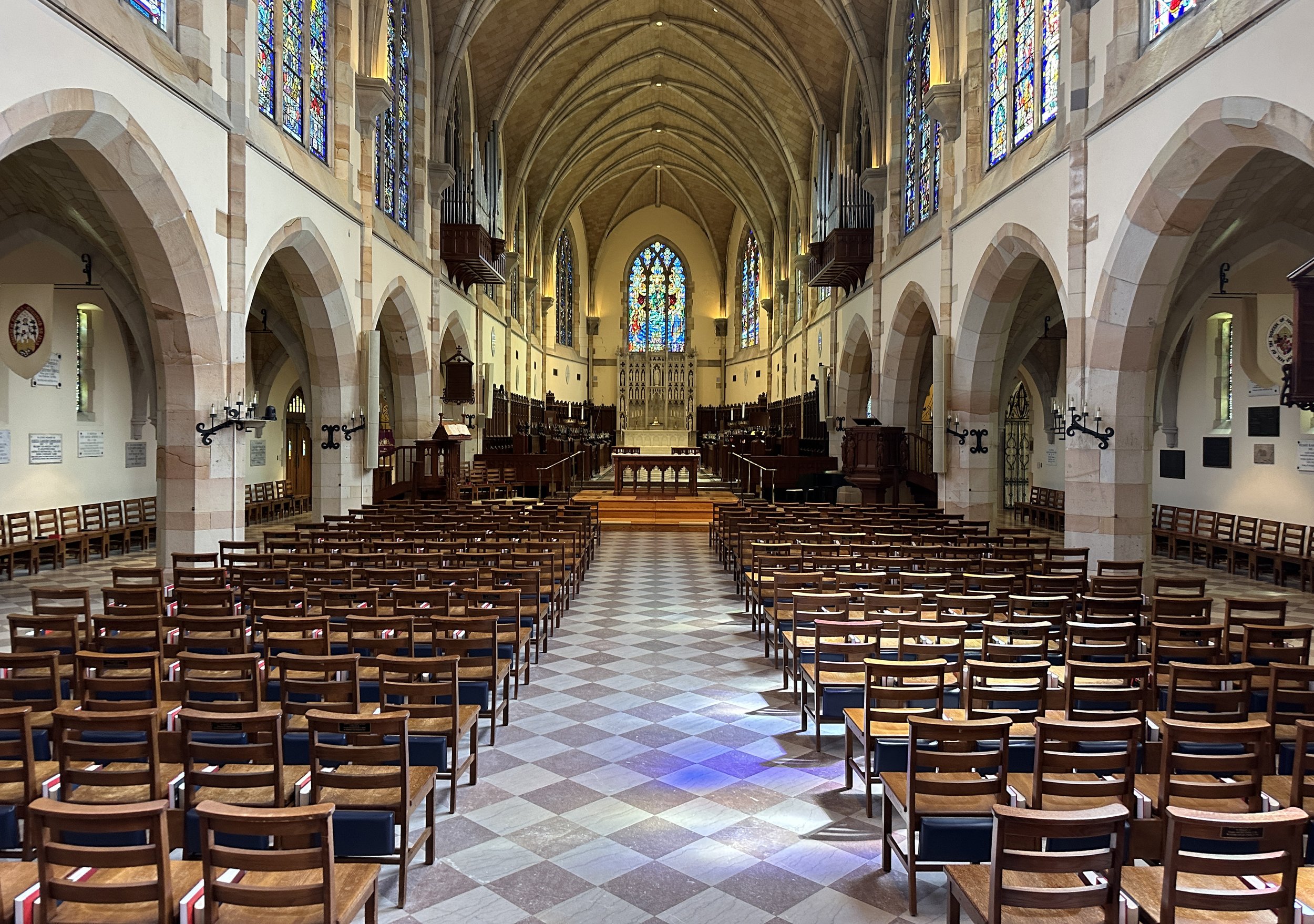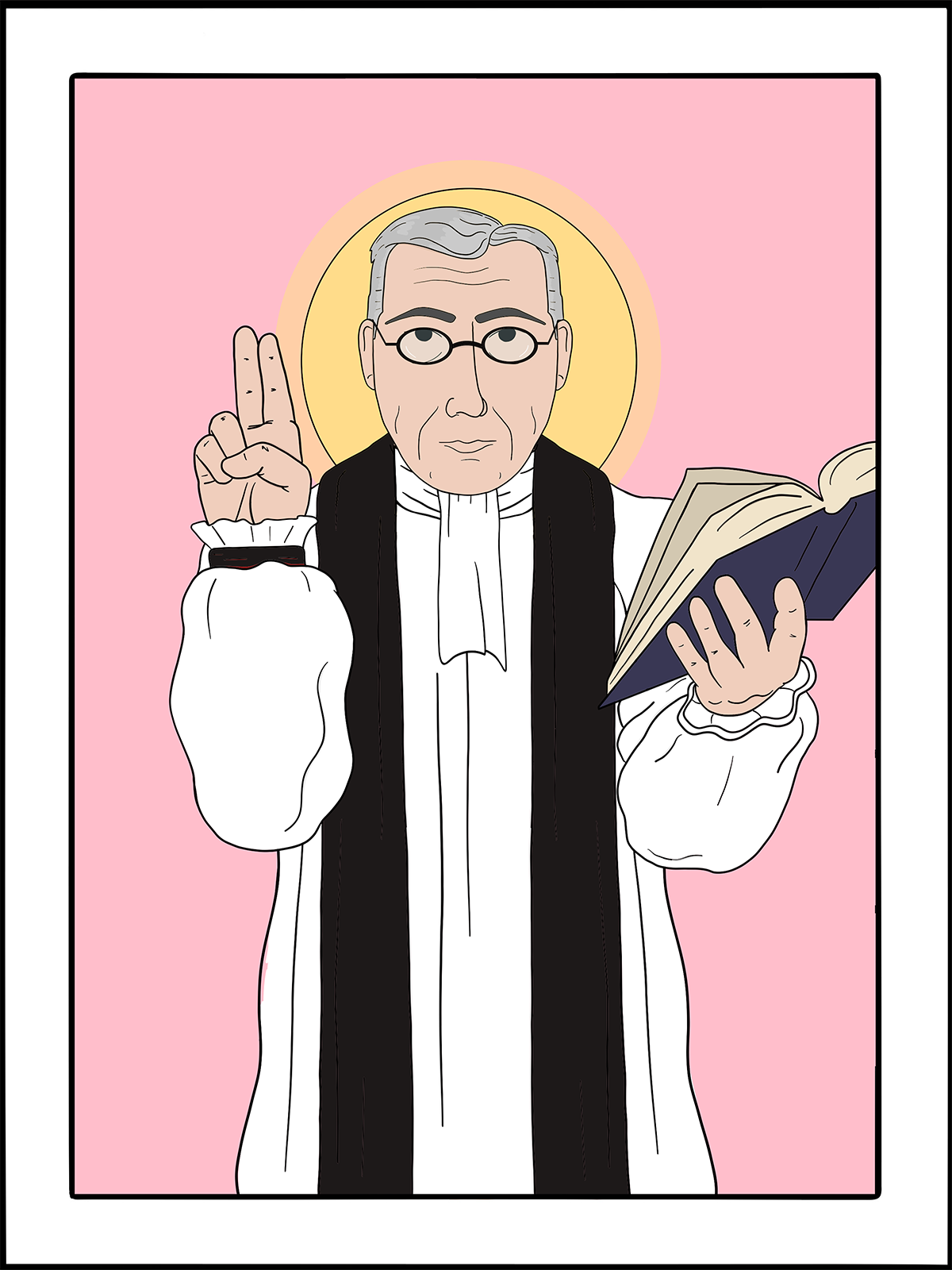
September 12
John Henry Hobart
Bishop, 1830
art by Rev. Kirsten Kohr of Geneva, Ohio Revive your church, Lord God of hosts, whenever it falls into complacency and sloth, by raising up devoted leaders like your servant John Henry Hobart; and grant that their faith and vigor of mind may awaken your people to your message and their mission; through Jesus Christ our Lord, who lives and reigns with you and the Holy Spirit, one God, for ever and ever. Amen.
John Henry Hobart was one of the leaders who revived the Episcopal Church, following the first two decades of its independent life after the American Revolution, a time that has been described as one of “suspended animation.” Born in Philadelphia on September 14, 1775, Hobart was educated at the Universities of Pennsylvania and Princeton, graduating from the latter in 1793. Bishop William White, his longtime friend and adviser, ordained him as a deacon in 1798 and as a priest in 1801.
After serving parishes in Pennsylvania, New Jersey, and Long Island, Hobart became assistant minister of Trinity Church, New York City, in 1800. He was consecrated Assistant Bishop of New York on May 29, 1811. Five years later, he succeeded Bishop Benjamin Moore, both as diocesan bishop and as rector of Trinity Church. He died at Auburn, New York, on September 12, 1830, and was buried beneath the chancel of Trinity Church in New York City.
Within his first four years as bishop, Hobart doubled the number of his clergy and quadrupled the number of missionaries. Before his death, he had planted a church in almost every major town of New York State and had begun missionary work among the Oneida tribe of Native Americans. He was one of the founders of the General Theological Seminary, and the reviver of Geneva, now Hobart, College.
A strong and unbending upholder of church standards, Hobart established the Bible and Common Prayer Book Society of New York and was one of the first American scholars to produce theological and devotional manuals for the laity. These “tracts,” as they were called, and the personal impression he made on the occasion of a visit to Oxford, were an influence on the development of the Tractarian Movement in England. Both friends and foes respected Hobart for his staunch faith, his consuming energy, his personal integrity, and his missionary zeal.
Excerpted directly from “Lesser Feasts and Fasts 2022,” p. 404-405.

